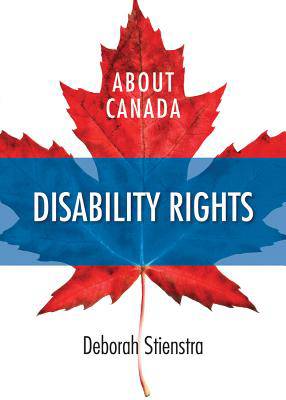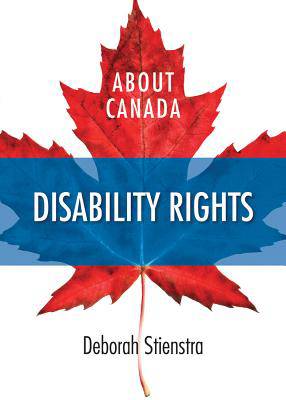
- Afhalen na 1 uur in een winkel met voorraad
- Gratis thuislevering in België vanaf € 30
- Ruim aanbod met 7 miljoen producten
- Afhalen na 1 uur in een winkel met voorraad
- Gratis thuislevering in België vanaf € 30
- Ruim aanbod met 7 miljoen producten
Zoeken
€ 22,45
+ 44 punten
Omschrijving
Through a close examination of employment, education, transportation, telecommunications, and health care, this survey explores the landscape of disability rights in Canada and finds that, while important advances have been made, Canadians with disabilities still experience significant barriers in obtaining their human rights. Using the stories and voices of people with disabilities, the consideration argues that disability is not about "faulty" bodies that need to be fixed but about the institutional, cultural, and attitudinal reactions to certain kinds of bodies, contending that neoliberal ideas of independence and individualism are at the heart of the continuing discrimination against "disabled" people. Asserting that achieving disability rights is possible--but not through efforts to "fix" certain kinds of bodies--this analysis suggests that it can be achieved through universal design, disability supports, social and economic assistance, and a sense of belonging--in short, through the foundational social transformation of Canadian society.
Specificaties
Betrokkenen
- Auteur(s):
- Uitgeverij:
Inhoud
- Aantal bladzijden:
- 125
- Taal:
- Engels
- Reeks:
Eigenschappen
- Productcode (EAN):
- 9781552664629
- Verschijningsdatum:
- 1/03/2012
- Uitvoering:
- Paperback
- Formaat:
- Trade paperback (VS)
- Afmetingen:
- 124 mm x 175 mm
- Gewicht:
- 113 g

Alleen bij Standaard Boekhandel
+ 44 punten op je klantenkaart van Standaard Boekhandel
Beoordelingen
We publiceren alleen reviews die voldoen aan de voorwaarden voor reviews. Bekijk onze voorwaarden voor reviews.











